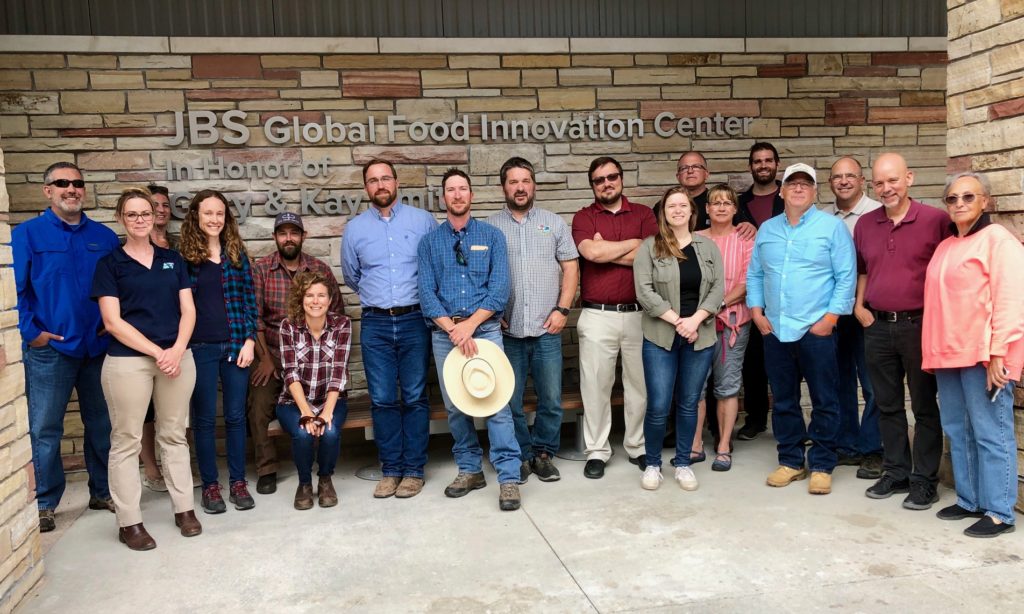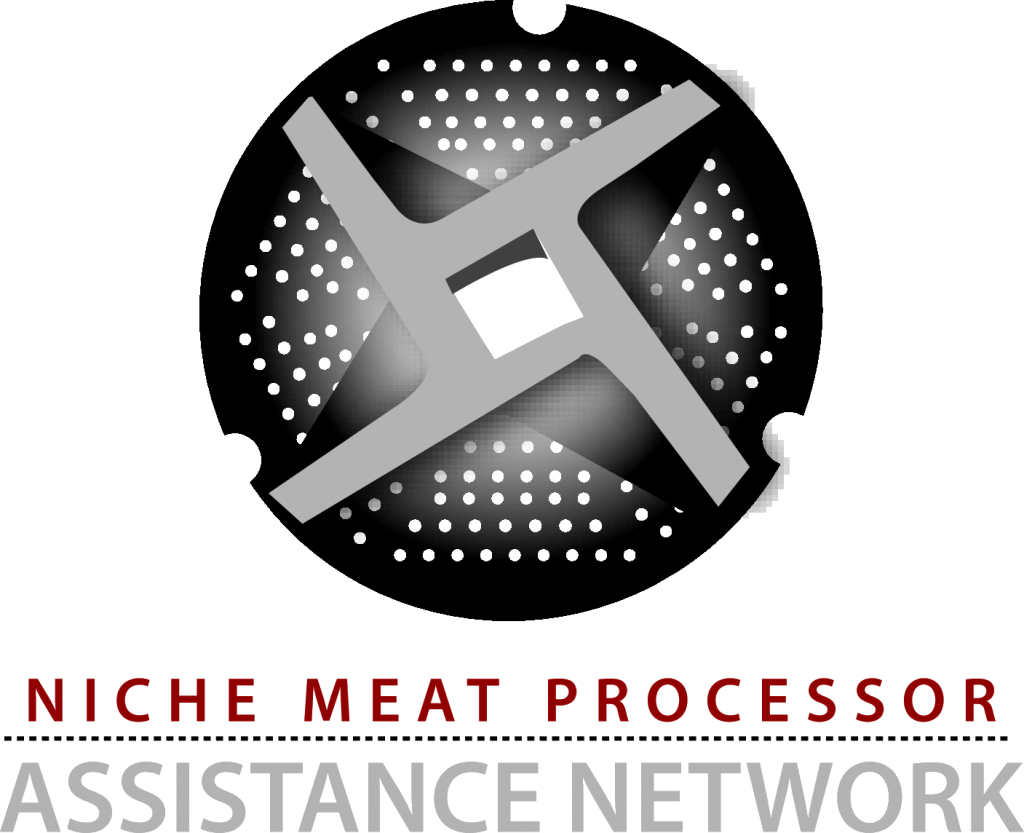Page updated in 2025.

What is policy engagement? Well, most of the time you deal with rules after they are made. How about getting involved in the development and interpretation of the rules instead?
At NMPAN, we believe it is important for small and very small processors to have a voice and be included in the discussion. Here we describe several groups and networks where you can share your perspective and ask questions directly regarding state and federal policy.
Here are some ways to learn more and get involved below.
****************************************
New legislation has been proposed in the US House and Senate called the “Strengthening Local Processing Act“. This could provide a regular technical assistance and a small grants program for meat processors, among other things. To learn more about this proposal and how to get involved, see this webpage of the National Sustainable Agriculture Coalition.
We will add other relevant proposals and policies as they come up.
****************************************
The National Advisory Committee on Meat and Poultry Inspection (NACMPI) is a federal advisory committee to the USDA, established in 1971. The purpose of the Committee is to provide advice to the Secretary concerning State and Federal programs with respect to meat, poultry, and processed egg products inspection; food safety; and other matters that fall within the scope of the FMIA, PPIA and the Egg Products Inspection Act (EPIA). As of 2025, the Trump Administration has disbanded this committee. Archives of previous meetings can be found at this website.
****************************************
Additionally, there is a national trade group representing meat processors that is very involved in policy-making and regulatory affairs. The American Association of Meat Processors (AAMP) mission is to provide quality service, knowledge through education, regulatory representation, and networking opportunities for members. They provide their members information about regulatory affairs, updated information on FSIS directives and notices, and can help processors work through inspection related challenges. They also host an annual conference.
NMPAN has been an AAMP member since 2008. If you would like to learn more about what AAMP does, check out their website here.
****************************************
If you would like to read more about evolving USDA FSIS regulations and rulemaking, the most up-to-date place to read them are this page of their website. You can also sign up for various e-newsletters directly on the FSIS website.
In addition, if you want to better understand how USDA Food Safety Inspection Service is organized, please see this webpage that shares FSIS Leadership and Organizational Structure.
For state meat inspection programs, check out the National Association of State Meat and Food Inspection Directors (NASMFID). The objectives of the Association are to:
- Advance the science and art of meat and food inspection.
- Foster and effect good communications among the states with respect to meat and food inspection activities.
- Provide a voice and united front in determining policies which effect State meat and food inspection programs.
****************************************
From 2019-2020, NMPAN was contracted by USDA FSIS to conduct a study of how the Food Safety and Inspection Services provides outreach, guidance, and attends to the needs of small and very small inspected meat processors. The study was completed in December 2020 but not released by USDA until June 2021. The full report is 48 pages, but worth the read. It encompasses much of the stakeholder feedback received in the small plant roundtables mentioned above, as well as surveys conducted with small establishments.
Key recommendations in the report include:
- Continuing to find ways for small and very small processors to interact and share experiences directly with high- level FSIS leadership Standardizing the information provided by FSIS across plat forms, documents, and personnel to eliminate conflicting or confusing information.
- Studying inspection decisions and enforcement actions across circuits, districts, and inspectors to identify potential inconsistencies or biases. Frequently updating information sources to eliminate out -of -date information.
- Upgrading information access tools
- Providing explicit benchmarks and procedural guidance for meeting regulatory requirements with the time and financial constraints of SVS plants in mind.
- Closely examining humane handling regulatory procedures for small and very small plants.
Read the full report here. Many of these recommendations have been put into place in the last four years (2020-2024). It is unclear what the direction of FSIS will be under new leadership. Please check back to this page as we learn more.


